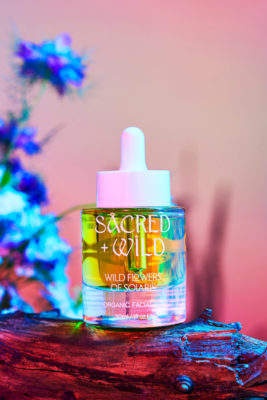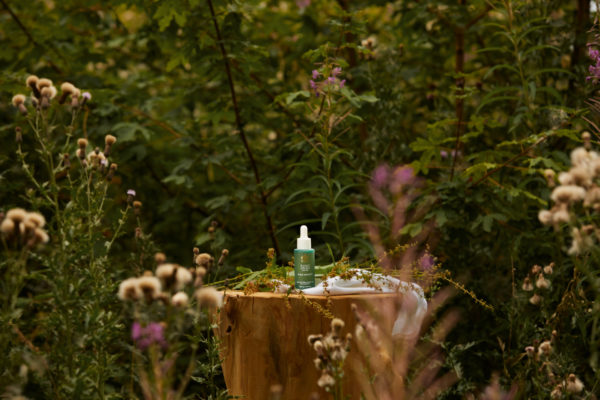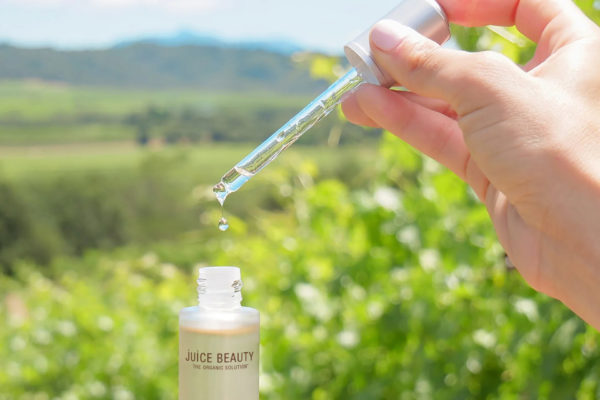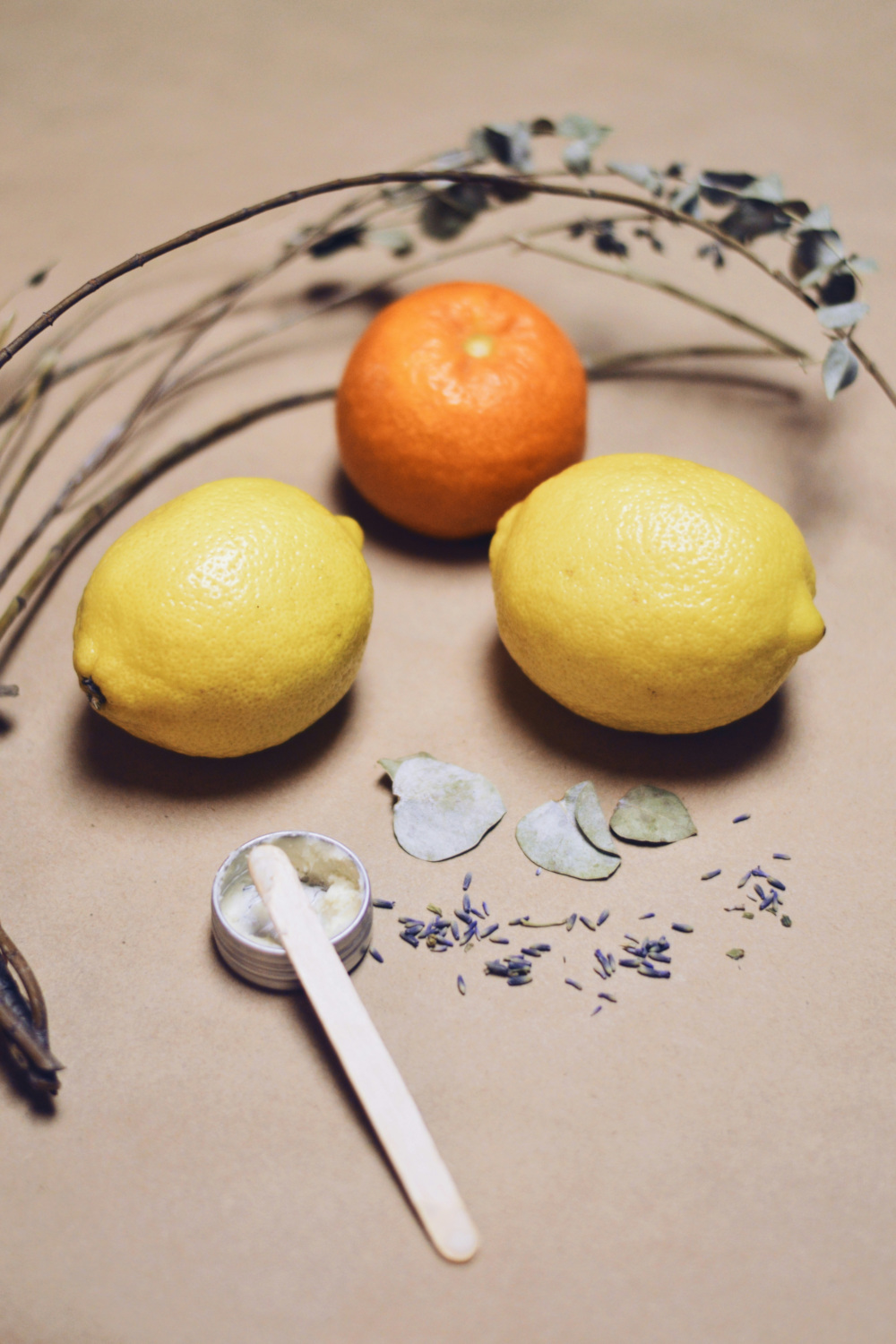
Organic September: 5 Beauty Myths Debunked
By
7 months ago
Experts set these organic beauty myths straight
Despite being a booming part of the industry, organic beauty is still something that many people don’t know a lot about. And when the knowledge isn’t there, misinformation is quick to spread. Ahead of Organic September, we asked the team at the Soil Association to share with us their top five myths about organic beauty – and the real truths behind them.
Debunking Organic Beauty Myths
Myth: Organic Beauty Is Not Effective
The number one misconception surrounding organic beauty? That it just doesn’t have the impact of non-organic products. But in most cases, that is simply not the case. ‘Many of our certified brands put their products through clinical trials, just like non-organic brands do, with amazing results,’ says Paige Tracey, Organic Beauty Expert at Soil Association Certification. ‘Some also have a team of cosmetic chemists working on formulations who have previously worked for mainstream or luxury beauty brands.’
It’s also worth noting that, with organic products, you’re also cutting out synthetic fillers – meaning you’re getting more of the important ingredients. ‘You could argue that you are getting a more potent formula if the product is COSMOS Organic, because it cannot be bulked out with cheap plastic fillers in the way many mainstream beauty products are,’ confirms Paige.
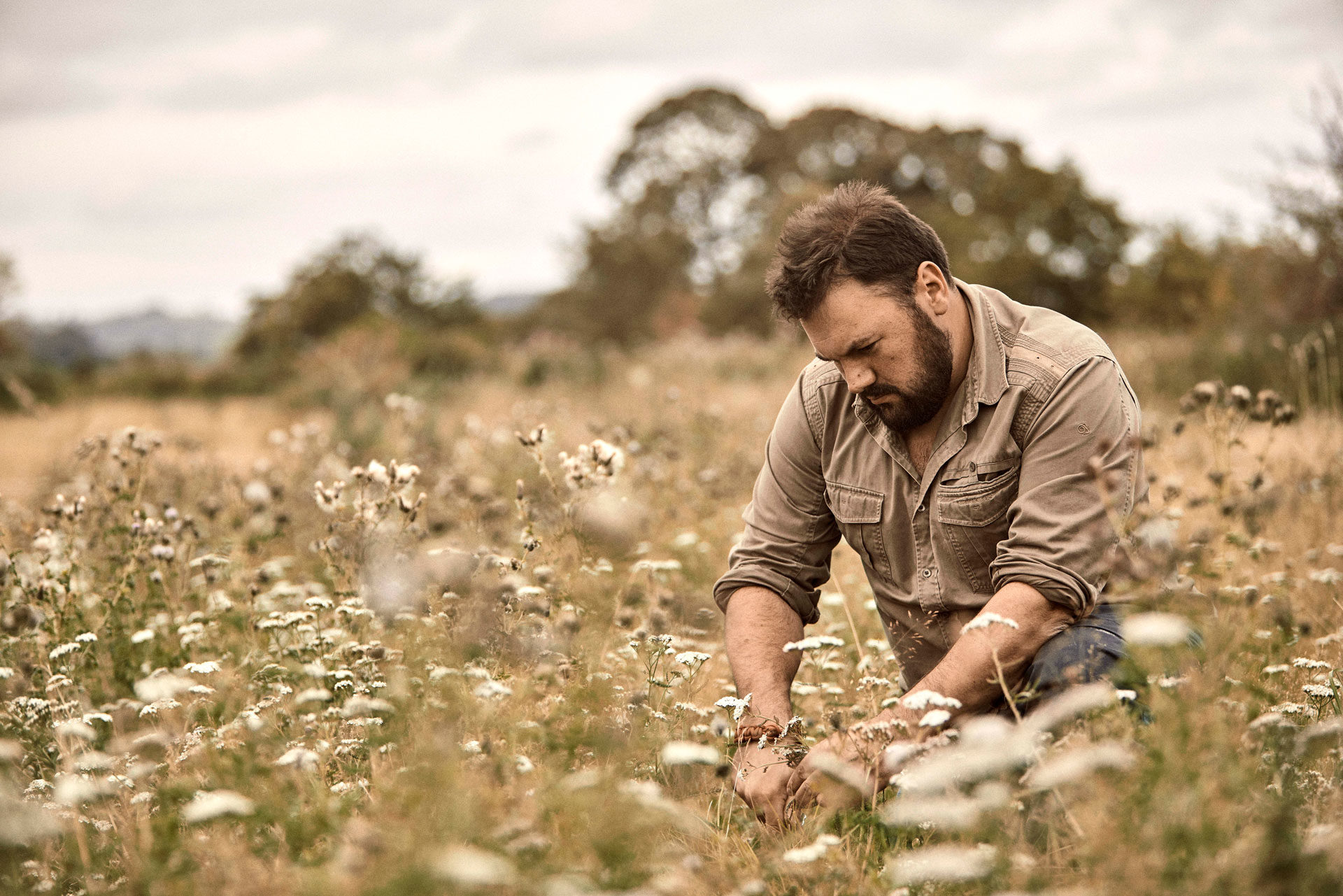
Foraging on Rhug Estate, where Rhug Wild Beauty products are crafted
Myth: It Depletes Natural Resources
Organic farming is in fact built around the tenets of regenerative farming – a method that aims to continuously renew the land, soil, water, nutrients and natural resources used, rather than deplete them.
Products that are COSMOS Organic certified, for example, will only use ingredients that have been grown in a way that regenerates the health of the soil, protects water resources and allows biodiversity on the farm to thrive. This is largely because artificial fertilisers and pesticides will not have been used.
‘Furthermore, no endangered plants can be used in COSMOS certified products,’ adds Paige. ‘Any extracts from plants that are on the CITES list – which is a multinational treaty to protect endangered plants – are forbidden from use in COSMOS products.’
Myth: Organic Beauty Is Too Expensive
Many also believe organic beauty to be too expensive, compared to non-organic products. A quick look on the Soil Association COSMOS Organic certified brands list, however, reveals that there are plenty of choices for a range of budgets. The list spans luxury to accessible price points.
Paige also believes that the efficacy of some organic products makes them last longer, due to the fact that less is needed in the first place. ‘As mentioned, because certified organic products cannot be bulked out with synthetic fillers, the formula is often more potent compared to mainstream products,’ she says. ‘This means a little goes a long way, and consumers are therefore likely to get more uses from the product, meaning they could be saving money in the long term.’

(c) Cottonbro, Pexels
Myth: Organic Beauty Products Don’t Work For Sensitive Skin
It’s the opposite, in fact, according to Paige. ‘Certified organic products are more likely to be suitable for sensitive skin, because they will not contain many of the synthetic ingredients that are the most common irritants when using skincare products,’ she explains. ‘This includes ingredients like artificial fragrances, petroleum derived ingredients and artificial preservatives.’
And while essential oils, which can irritate sensitive skin, are present in some organic beauty products, there are plenty of alternatives (that are still organic) on the market.
A brand example Paige gives is Amina, a Jordanian COSMOS Organic and Natural brand that regularly tests its products through clinical testing in the UK on volunteers with sensitive and reactive skin. The products are so gentle, in fact, that they’re considered suitable for use on babies from one day old.
Myth: Organic Standards Are Too Restrictive
As we’ve gathered from our myth debunking session, organic beauty is multi-faceted. A lot of research and clinical testing go into organic products, just as with non-organic, and the Soil Association is a massive supporter of positive growth in the organic space.
‘We have lots of innovation happening at our brands who are working with exciting organic and natural extracts,’ says Paige. She points out that certified brand Pai Skincare, for example, has an incubator hub for formula innovation, called Pai Labs. The brand has recently been working on a line of skin boosters that contain clinically proven active ingredients, with a highlight being a vitamin C booster derived from corn.
EXPLORE
You can find out more about organic lifestyles and certifications at our hub here, or on the Soil Association website. soilassociation.org
Featured image: Jennifer Chen, Unsplash







